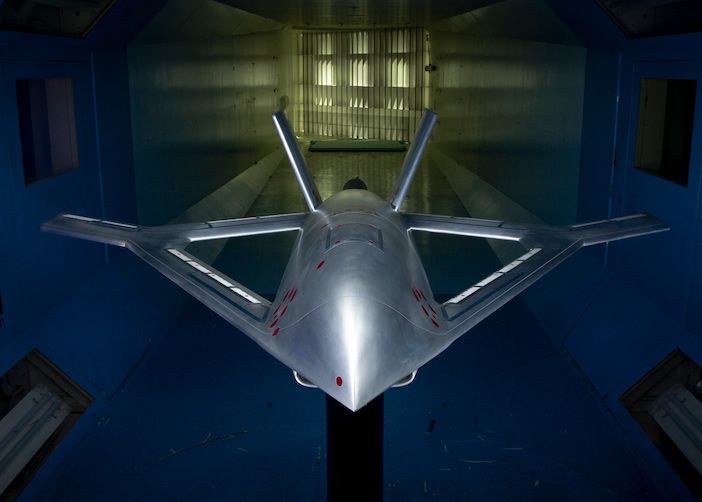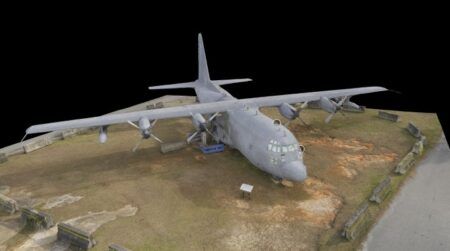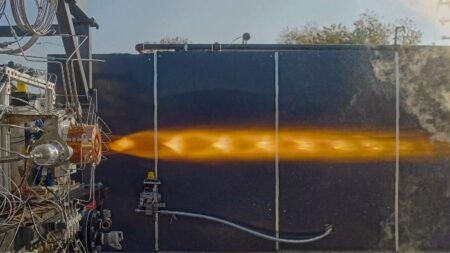Engineers at USA-based Aurora Flight Sciences have started to make an aircraft that will demonstrate and test the use of active flow control in aircraft.
The experimental aircraft, now designated X-65 is being built for the Defense Advanced Research Projects Agency’s (DARPA) Control of Revolutionary Aircraft with Novel Effectors (CRANE) program, and is the result of three years of work by Boeing and its R&D-focused subsidiary Aurora.
X-65 has been designed to demonstrate and test active flow control’s (AFC) use for flight control at tactical speeds and performance enhancement across the flight envelope. The program covers applications in commercial and military aircraft.
AFC technology replaces flaps and rudders for controlling aircraft with actuators and effectors that blow and suck air, resulting in benefits in terms of aerodynamics, weight, and mechanical complexity for aircraft. A detailed explanation of AFC technology and programs examining its use and potential can be found here.
Experts believe AFC-based flight control systems will be smaller and lighter than conventional flight control systems and offer improved safety and stability in flight. There are also specific benefits for the military, which include reducing the observability of air vehicles while enhancing their survivability and maneuverability.
Flight testing of the full-scale, 7,000lbs (3,175kg) aircraft at speeds of up to Mach 0.7 is planned to take place during summer 2025.
The aircraft’s AFC system supplies pressurized air to fourteen AFC effectors embedded across all flying surfaces, including multiple wing sweeps. The aircraft is configured to be modular, featuring replaceable outboard wings and swappable AFC effectors to enable future testing of different AFC designs.

According to Aurora, component tooling and part fabrication for the 30ft wingspan, uncrewed X-plane is underway. The airframe will be Aurora West Virginia, followed by system integration and ground testing at Aurora’s headquarters in Manassas, Virginia.
Kevin Uleck, CRANE program director at Aurora Flight Sciences said, “As we move into the manufacturing phase, we are getting ever closer to fulfilling the goal of validating AFC technology and helping to open the design trade space for future applications.
“X-65 has the potential to change the future of aircraft design. Aurora is honored to support DARPA on this groundbreaking program.”




